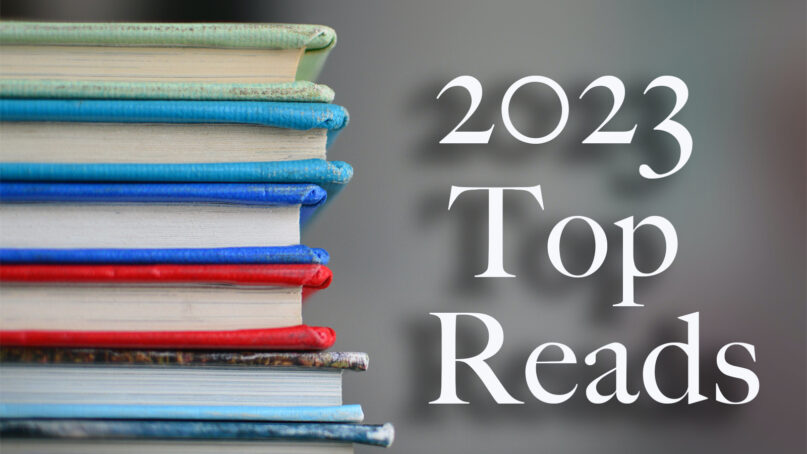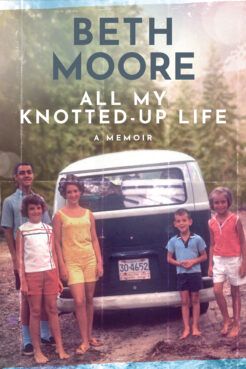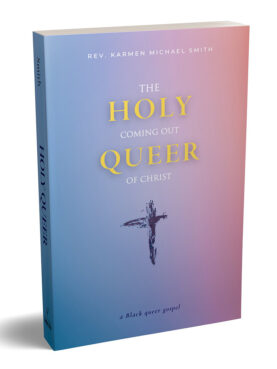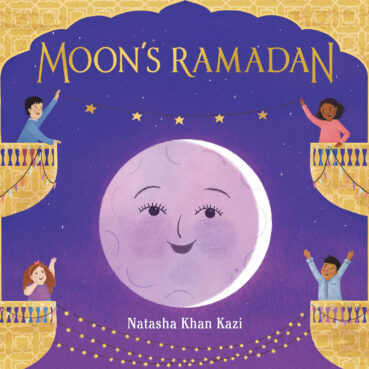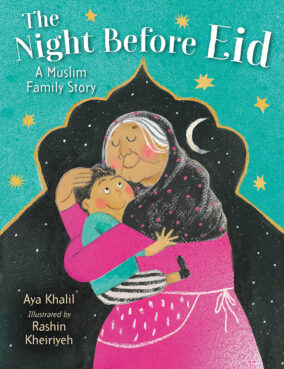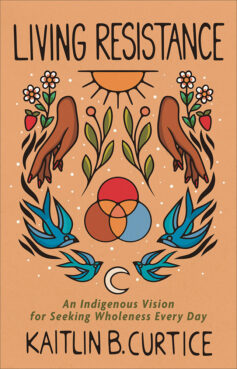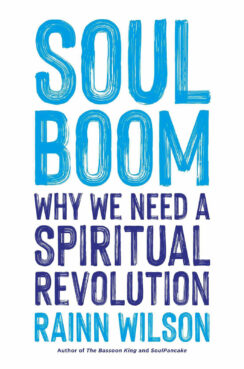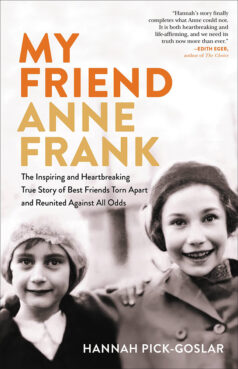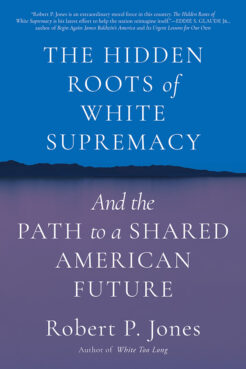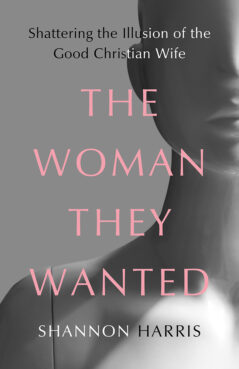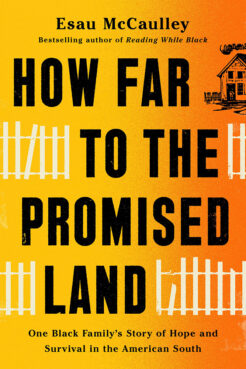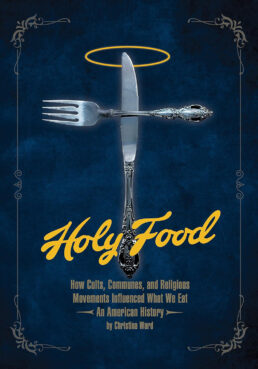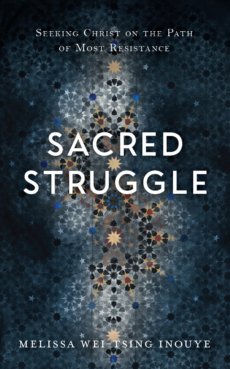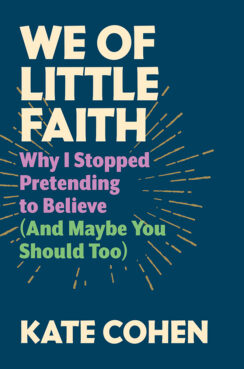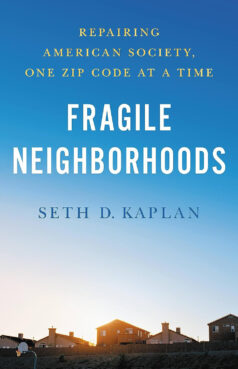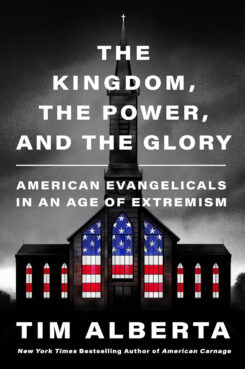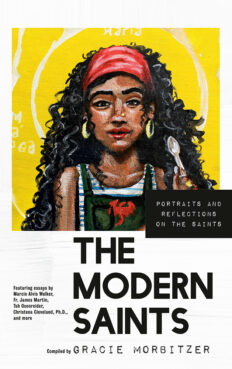(RNS) — In a year of schisms, global wars and religious scandals, hope wasn’t always easy to come by in 2023. Sometimes the greatest comfort in such times can be the stories of those who have dealt courageously with hardship.
Among the books we found most compelling this year were accounts of authors who’ve survived religious trauma, war, cancer diagnoses, divorce and the death of loved ones — from Beth Moore’s story of faith and family in turmoil to Holocaust survivor Hannah Pick-Goslar’s account of her childhood with Anne Frank. These stories of tenacity from people of several faiths and none serve as guides for cultivating meaning in harsh circumstances.
We also gravitated this year toward books that provided spiritual uplift by way of art and culture. Christina Ward’s “Holy Food” satisfied our hunger for obscure religious recipes, while the playful illustrations of Aya Khalil’s “The Night Before Eid” were enhanced by Khalil’s instructions for making ka’ak, powdered sugar-covered sweets. In Gracie Morbitzer’s “The Modern Saints,” tattooed, jeans-wearing icons provided both social commentary and spiritual reflection.
As we head into 2024, these best religion and spirituality reads of 2023 are reminders to embrace hope, whether in the form of art, religion or forgotten recipes.
All My Knotted-Up Life by Beth Moore
In her tender, sometimes heartbreaking memoir, beloved Bible teacher and former Southern Baptist Beth Moore gives us a glimpse into her troubled childhood and the faith and people who rescued her. Moore, who has been protective of her personal life in the past, opens up here about her abusive father and, more recently, about a family crisis that unfolded behind the scenes as her public ministry imploded under attacks from Southern Baptist pastors and leaders. She also recounts the powerful welcome she received at an Anglican church in Houston, where she now attends, and shares why no crisis can take away her community of faith. Read more about this book.
- “All my knotted up life” is a new memoir by author Beth Moore. Courtesy Moore
- “Holy Queer: The Coming Out of Christ” by the Rev. Karmen Michael Smith. Courtesy photo
Holy Queer: The Coming Out of Christ by Karmen Michael Smith
The Rev. Karmen Michael Smith, director of Union Theological Seminary’s social justice center, is aware of how provocative the title of his book is. But he explains that he hopes his bold assertion that queerness itself is divine will guide Christians, and especially his Black church brethren, to a better understanding of queer folks like him. Informed by his love of the church, Smith’s book offers queer theology alongside an unwavering critique of the Black Church’s exclusionary attitudes. Read more about this book.
Moon’s Ramadan by Natasha Khan Kazi and The Night Before Eid by Aya Khalil
These beautifully illustrated children’s books introduce children to the traditions surrounding the Muslim holy month of Ramadan and its ending celebration, Eid al Fitr. Khan Kazi’s “Moon’s Ramadan” — which she illustrated herself in deep blues and purples — follows the moon as it views Ramadan celebrations in New Zealand, Indonesia, Egypt and the United Kingdom. Khalil’s “The Night Before Eid” tells the story of an Egyptian American family bonding over making ka’ak and includes Khalil’s own recipe for the traditional powdered sugar-covered treats. Read more about these books.
- “Moon’s Ramadan” by Natasha Khan Kazi. Courtesy image
- “The Night Before Eid” by Aya Khalil. Courtesy image
Living Resistance: An Indigenous Vision for Seeking Wholeness Every Day by Kaitlin Curtice
In her latest book, Indigenous author Kaitlin Curtice reclaims resistance as far more than a “tokenized hot topic.” Instead, she argues, it’s a basic human calling that drives a host of other activities, from prayer to protecting the land to child care. Resistance, she suggests, is a way to participate in the spiritual call to make a better world. Read more about this book.
- “Living Resistance: An Indigenous Vision for Seeking Wholeness Every Day” by Kaitlin B. Curtice. Courtesy image
- “Soul Boom: Why We Need a Spiritual Revolution” by Rainn Wilson. Courtesy image
Soul Boom: Why We Need a Spiritual Revolution by Rainn Wilson
Drawing on his experiences as a Baha’i and on insights from other spiritual traditions, actor and The Office star Rainn Wilson offers a timely and humor-filled call to action in his New York Times bestseller. As our species struggles with the trauma of the last few years, Wilson writes, spirituality could be the source of a much-needed personal and global transformation. Read more about this book.
My Friend Anne Frank by Hannah Pick-Goslar with Dina Kraft
Anne Frank’s childhood friend tells anecdotes that fill out the young Dutch woman’s spare diary of life in hiding from the Nazis. She shares memories of celebrating Frank’s 13th birthday and of reuniting with Frank at Bergen-Belsen. Pick-Goslar’s stories are intimate and injected with surprising optimism. Read more about this book.
- “My Friend Anne Frank” by Hannah Pick-Goslar with Dina Kraft. Courtesy image
- “The Hidden Roots of White Supremacy And the Path to a Shared American Future” by Robert P. Jones. Courtesy image
The Hidden Roots of White Supremacy and the Path to a Shared American Future by Robert P. Jones
This deep dive from Public Religion Research Institute founder Robert P. Jones tracks the origins of America’s race problem to the Catholic Church’s 500-year-old Doctrine of Discovery. Issued in 1493, the papal bull provided a blueprint for seizing “undiscovered lands” that were “not previously possessed by any Christian owner.” But Jones argues that its assumptions persist today in the rise of anti-democratic defenses of white Christian nationalism. Read more about this book.
The Woman They Wanted by Shannon Harris
When Shannon Harris stumbled into a conservative evangelical church and a marriage to Josh Harris, whose “I Kissed Dating Goodbye” would ignite the purity movement, she had unknowingly agreed to a lifetime of expectations about feminine performance and perfectionism. In this memoir, Harris speaks out about her courtship and marriage, her experience at Covenant Life Church and her newfound freedom. Read more about this book.
- “The Woman They Wanted: Shattering the Illusion of the Good Christian Wife” by Shannon Harris. Courtesy image
- “How Far To The Promised Land” by Esau McCaulley. Courtesy image
How Far to the Promised Land by Esau McCaulley
Inspired by the death of his father in 2017, New York Times columnist and New Testament scholar Esau McCaulley’s latest book seeks out beauty in the complex, often tragic lives of his family members. Revisiting the stories of his tenant farmer great-grandmother Sophia, his cousin Clarice, who contracted AIDS in the 1980s, and his father, an abusive and often absent figure facing his own trauma, McCaulley excavates his family history to tell a fuller story about being Black in America. Read more about this book.
Holy Food: How Cults, Communes, and Religious Movements Influenced What We Eat by Christina Ward
Part history, part cookbook, “Holy Food” relates how mainstream and obscure religions have used food to inspire, unite and, at worst, control. Many of the “food rules” and recipes that emerged from religious contexts over time, Ward argues, continue to inform American food culture. Her readable, thoroughly researched book brims with recipes from The Satanic Temple, Nation of Islam, Oneida Community, Seventh-day Adventists and more. Read more about this book.
- “Holy Food: How Cults, Communes, and Religious Movements Influenced What We Eat” by Christina Ward. Courtesy image
Sacred Struggle: Seeking Christ on the Path of Most Resistance by Melissa Wei-Tsing Inouye
Melissa Wei-Tsing Inouye is no stranger to suffering. A Harvard-trained historian who works for The Church of Jesus Christ of Latter-day Saints, she wrote her latest book while balancing cancer treatments and parenting struggles. Carefully avoiding unhelpful platitudes, Inouye instead offers a compassionate, unflinching look at the unavoidability of suffering — and points to the power of Christ to be present even in our darkest moments. Read more about this book.
We of Little Faith: Why I Stopped Pretending to Believe (and Maybe You Should Too) by Kate Cohen
While nearly 1 in 3 Americans claim no religious affiliation, only 1 in 25 identify as atheist, according to Pew Research Center. Raised Jewish but now a nonbeliever, Washington Post columnist Cohen suspects the number of people who would qualify as atheists is higher than Pew reports — they’re just reluctant to say so out loud. But being truthful about what you believe (and what you don’t), Cohen suggests, can be key to connecting with others and living a meaningful life. Read more about this book.
- We of Little Faith: Why I Stopped Pretending to Believe (and Maybe You Should Too) by Kate Cohen. Courtesy image
Fragile Neighborhoods: Repairing American Society One ZIP Code at a Time by Seth Kaplan
In today’s online world, distant networks of friends and colleagues have often replaced neighborhoods as core communities. This change has rendered American society fragile, Seth Kaplan, a researcher at Johns Hopkins University, argues, and he offers as antidote the power of a community he discovered as an adult at an Orthodox synagogue. The networks we find in local institutions, including houses of worship, he argues, are key to addressing American society’s problems. Read more about this book.
The Kingdom, the Power, and the Glory: American Evangelicals in an Age of Extremism by Tim Alberta
Alberta, an award-winning journalist whose father was an evangelical Christian pastor, examines the rifts threatening American evangelicalism in his comprehensive, deeply personal book. Still a practicing Christian, Alberta scrutinizes his faith tradition, illuminating what he sees as right and true while exposing how nationalist fervor, partisanship, fear and abuse of power have led many evangelicals away from truths central to Christianity. Read more about this book.
- “The Kingdom, the Power, and the Glory: American Evangelicals in an Age of Extremism” by Tim Alberta. (Courtesy image)
- “The Modern Saints” by Gracie Morbitzer. (Courtesy image)
The Modern Saints, edited by Gracie Morbitzer
What began as a side project for Morbitzer, an artist, and gained traction through an Instagram account now takes the form of a book. “The Modern Saints” pairs 52 traditional saints in modern icon-style portraits with a summary of each saint’s life, a devotional reflection and a prayer. The reflections are contributed by authors Morbitzer calls the “saints of tomorrow,” including Jesuit priest the Rev. James Martin, “Gay & Catholic” author Eve Tushnet and public theologian Christena Cleveland. Read more about this book.
